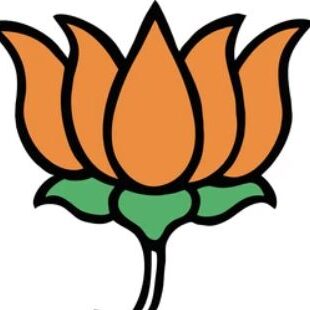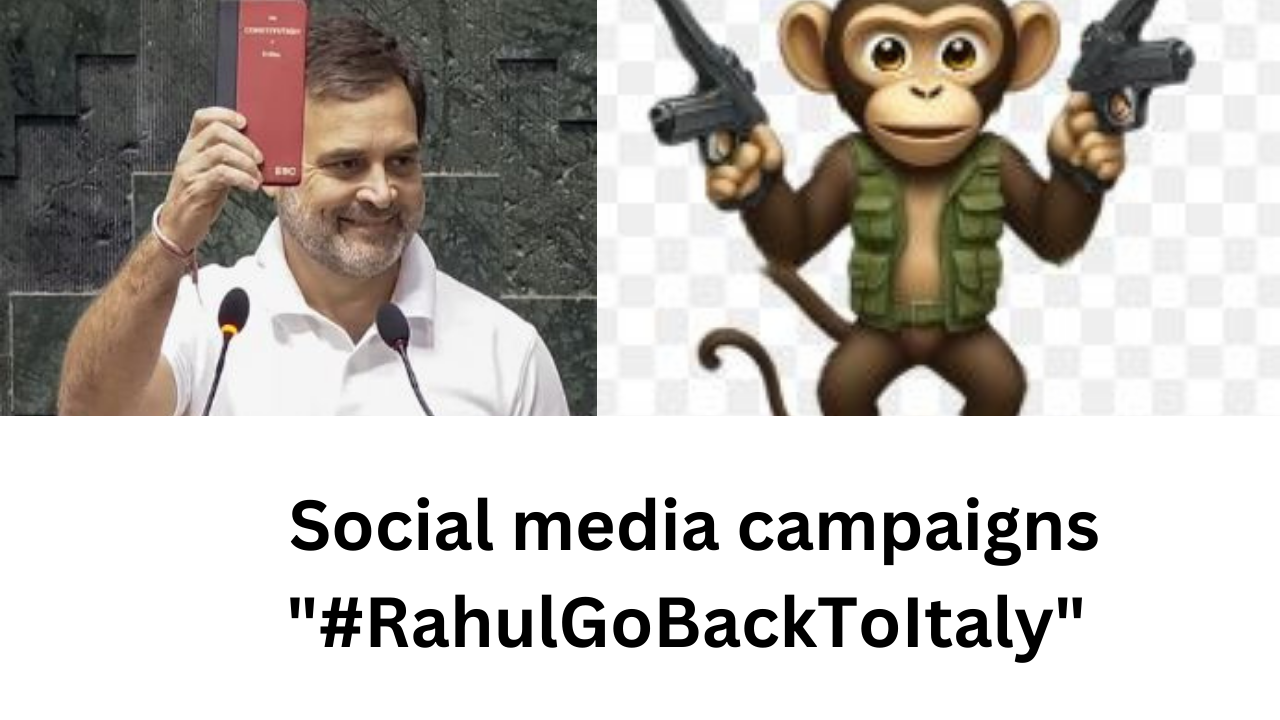Rahul Gandhi Becomes Leader of the Opposition: Implications for BJP
Rahul Gandhi’s recent appointment as the Leader of the Opposition could pose significant challenges for the ruling BJP government. Notably, the last two parliamentary sessions in 2014 and 2019 lacked an opposition leader due to insufficient numbers, with fewer than 55 MPs.
As the Leader of the Opposition, Rahul Gandhi enjoys a Cabinet rank with all associated privileges. These include an advisory role, where he is consulted on major appointments such as the Chief Vigilance Commissioner (CVC), the Chief Information Commissioner (CIC), and the Director of the Central Bureau of Investigation (CBI). This ensures that such appointments are non-partisan and fair.
However, concerns arise regarding Rahul Gandhi’s political approach and background. Critics argue that his style of politics could hinder the country’s progress. Additionally, his dual citizenship (India and the UK) and ownership of properties in the UK raise questions about his loyalty to India. His and the Congress party’s perceived sympathetic stance towards Pakistan and China further fuels suspicion.
There is also puzzlement over why the BJP government has not taken a firmer stance on Rahul Gandhi’s UK citizenship issue. Moreover, his alleged connections with George Soros and his team, who are believed to oppose a strong India, add to the controversy.
Given his lineage from an Italian mother, multiple citizenships, and alleged ties with adversaries, some question whether Rahul Gandhi should hold such a critical position. The hashtag “RahulGoBackToItaly” is being promoted by some as a call for safeguarding India’s interest.
Key Concerns:
- Dual Citizenship and Foreign Ties:
- Loyalty Questions: Rahul Gandhi’s dual citizenship and properties in the UK have raised doubts about his commitment to India. Critics worry that these ties might influence his political decisions.
- Security Risks: The potential security risks associated with a political leader having significant foreign connections cannot be overlooked. This raises concerns about the safeguarding of sensitive national information.
- Political Influence and Allegiances:
- Foreign Relations: Accusations of the Congress party having a “soft corner” for countries like Pakistan and China add to the apprehensions about Rahul Gandhi’s leadership. These nations are often seen as strategic adversaries to India.
- George Soros Connections: Allegations of connections with George Soros, who is perceived by some as opposing a strong India, fuel further distrust. These purported ties are seen as undermining India’s sovereignty and political stability.
- Leadership and Governance:
- Policy Impact: Critics argue that Rahul Gandhi’s approach could disrupt ongoing government initiatives and policies. His leadership style is seen as potentially hindering economic and social progress.
- Governance Concerns: There are fears that his leadership could lead to political instability, impacting governance and administrative efficiency.
The Role of BJP:
- Government’s Stance: The BJP’s relatively muted response to the issues surrounding Rahul Gandhi’s citizenship and foreign ties has puzzled many. There is speculation about the reasons behind the BJP’s cautious approach.
- Political Strategy: Some believe the BJP may be avoiding direct confrontation to focus on broader governance issues or to avoid escalating political tensions further.
Public Opinion and Social Media:
- Hashtags and Campaigns: Social media campaigns like “#RahulGoBackToItaly” reflect the growing sentiment among certain sections of the public. These campaigns aim to question Rahul Gandhi’s suitability for a critical leadership role.
- Public Debate: The controversy surrounding Rahul Gandhi has sparked widespread debate on national identity, loyalty, and the qualifications needed for political leadership in India.
Conclusion:
Rahul Gandhi’s position as Leader of the Opposition is not just a political milestone but a flashpoint for broader discussions about national security, political integrity, and leadership. The concerns raised by his critics highlight the complexities of modern Indian politics and the importance of addressing potential conflicts of interest in leadership roles.
As the debate continues, it is crucial for all stakeholders to ensure that the focus remains on what is best for India’s future. This includes fostering transparent discussions, holding leaders accountable, and prioritizing the nation’s interests above all else.











